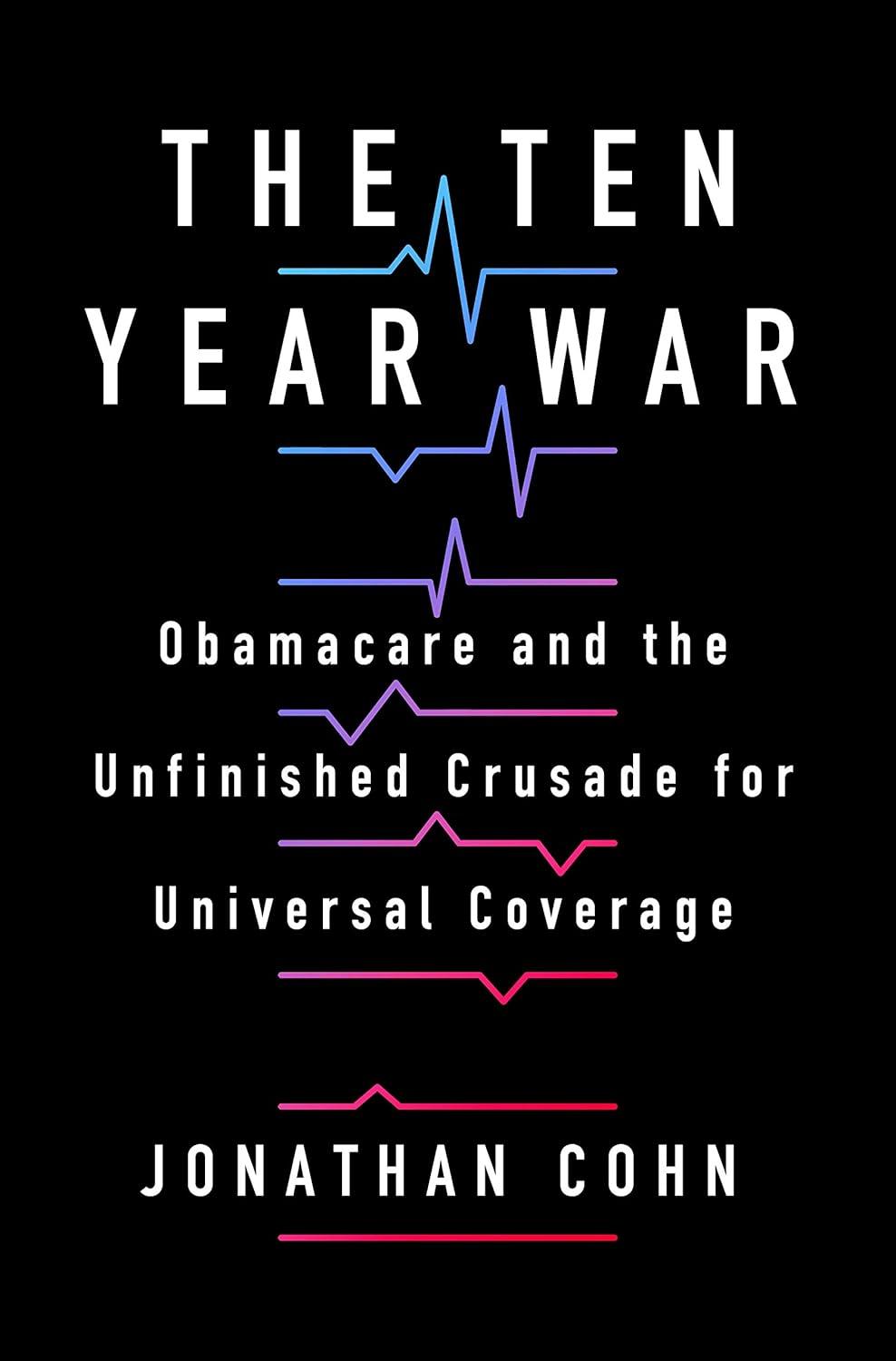The American health care system is a notorious disaster. On the one hand, even “good” private employer-based insurance is often a nightmare to actually use, while tens of millions of people have much worse coverage or none at all. At the same time, our system is also incredibly expensive—eating up 17 percent of the US gross domestic product, or nearly twice what peer rich nations spend on average.
Our Rube Goldberg mishmash of public and private programs is simultaneously miserly when it comes to people getting the care they need and a colossal pain in the neck to use, and somehow it still costs an arm and a leg. If we count insurance premiums as taxes—which makes sense, since they are basically mandatory—American workers are the second most highly taxed among all rich nations (behind only the Netherlands). Just our existing tax revenues would be more than enough to fund a universal Medicare-style system as it exists in similar countries. If we could somehow transplant Canada’s system into the United States, taxes would actually go down.
Why are we stuck with this expensive, broken system? One good answer can be found in Ten Year War: Obamacare and the Unfinished Crusade for Universal Coverage, an excellent new book by veteran health care reporter Jonathan Cohn about the political history of health care reform in this country. Cohn shows how repeated failures by both Democrats and Republicans to get a decent policy through our rickety 18th-century constitutional structure led to the strategy that produced Obamacare, formally known as the Affordable Care Act—a policy that improved our system in many ways but also entrenched some of its worst elements. For advocates of universal health care of any political stripe, Cohn’s book is essential reading.
The story starts in the early 20th century, when medicine was being rapidly revolutionized to provide treatments that actually worked (as opposed to quackery like bloodletting) and a number of countries were setting up national health care systems. Mutual aid societies proliferated in the United States in the late 19th and early 20th centuries, including for the purpose of providing health insurance, but their scope and resources were necessarily limited. In the 1930s, Franklin Roosevelt considered creating a universal national health insurance system as part of the New Deal, but he eventually decided against it for fear that it would “jeopardize Social Security or other proposals,” Cohn writes. Harry Truman promoted legislation for such a system in 1945, but opposition from the American Medical Association, the insurance lobby, and Southern segregationists, who worried it would mean integrated hospitals, blocked it. Even in the best of times, it was very difficult to get anything through the House and Senate and signed by the president, let alone sweeping reforms.
